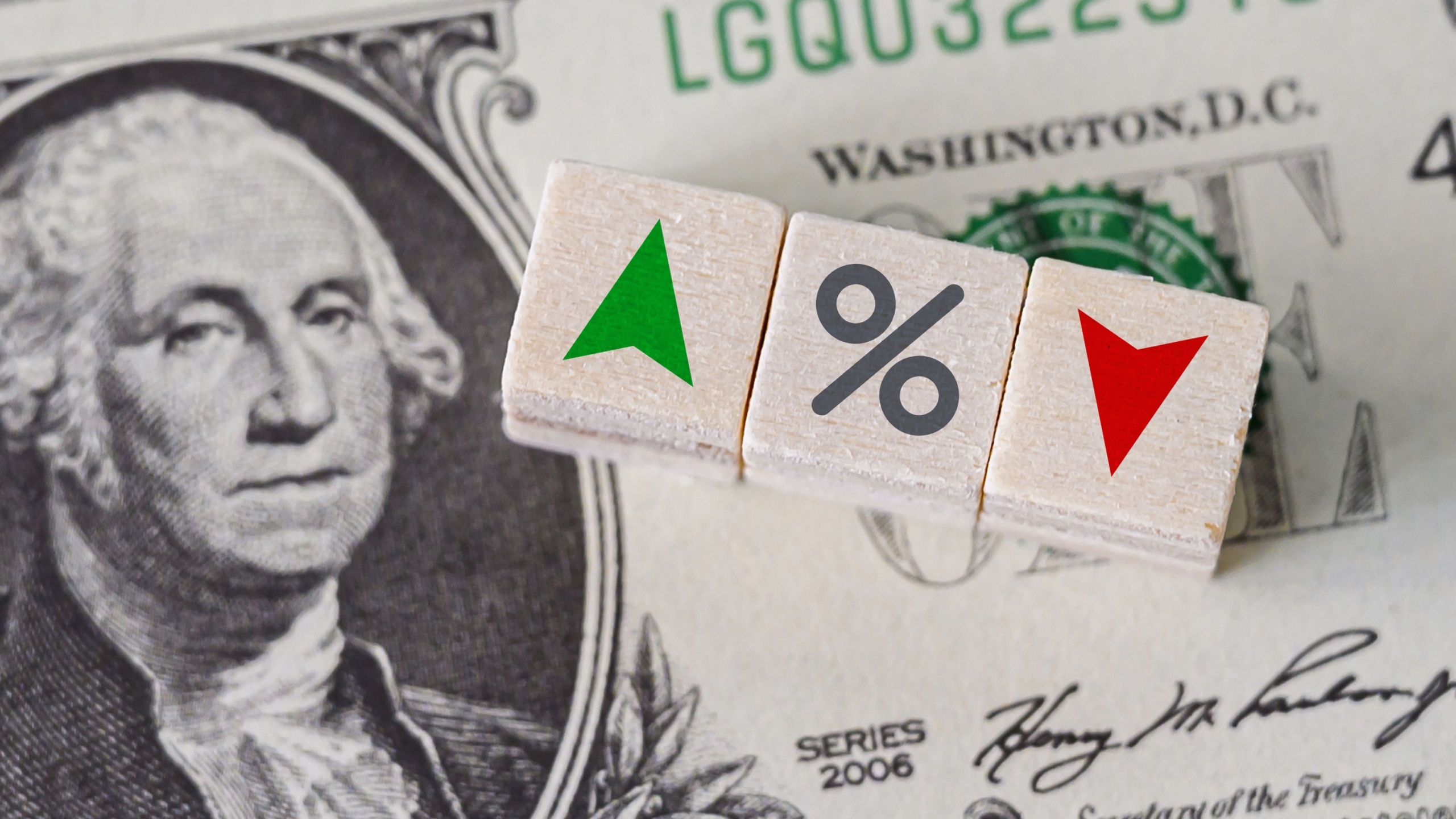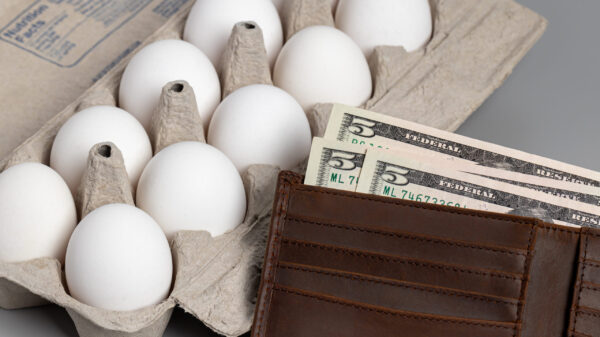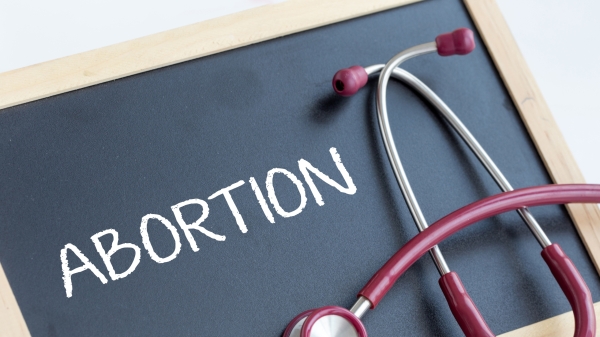If you’ve paid attention to the news this year, you’ve heard warnings and predictions about inflation. What is inflation? Why all the hubbub about it?
Inflation occurs when the purchasing power of money diminishes because prices have increased rapidly or unexpectedly. Economists are worried about inflation because of government responses to the coronavirus pandemic.
The Federal Reserve’s response, for instance, was to slash interest rates. The Fed seeks to stabilize prices and improve employment while regulating the banking system. When it lowers interest rates, it attempts to induce borrowing and generate spending to stimulate the economy. Lowering interest rates expands available credit, causing people and businesses to take out loans.
The problem is, when it is cheaper and easier to borrow money, prices rise. Think about it: the sudden influx of cash into the economy means there’s more demand for goods and services, so the market adjusts by increasing costs. If the market didn’t adjust, we would suffer shortages of goods and services.
The more currency in circulation, the less value it has. Whenever there is an abundance of something—including money—it is worth less. There’s a superabundance of air, for example, so we don’t pay to breathe. By contrast, diamonds are scarce, so they are expensive.
When money is injected into the economy after the Fed lowers interest rates to artificial levels—levels that would not exist on the market—people may have more cash on hand, but that cash cannot buy what it could have bought before inflation set in.
Another government response to the pandemic was to distribute stimulus checks to qualified families and individuals. Sounds good in theory, but what are the ramifications?
Stimulus money creates artificial demand for goods and services, resulting in rising prices and a reduction in purchasing power. Have you noticed rising housing prices? What about the costs of lumber or timber?
The surge of demand from stimulus money leads to an economic bust. Consider this analogy: drinking alcohol feels good at first, but the hangover from excessive imbibing hurts badly and impairs one’s ability to function. The government’s issuance of stimulus money is like overconsumption of tequila shots: initially fun, but eventually damaging.
Stimulus money isn’t real, earned income. Dishing it out will have long-term deleterious consequences, namely inflation.
Inflationary pressures fall disproportionately on the poorest in society, the very groups that stimulus money is designed to help. Because of increases in the money supply, basic goods are now more expensive than they would have been without any stimulus money. Spending splurges due to artificial demand are unsustainable; eventually the market must correct malinvestment.
Want to learn more about sound money? Get in touch with the Manuel H. Johnson Center at Troy University.




















































